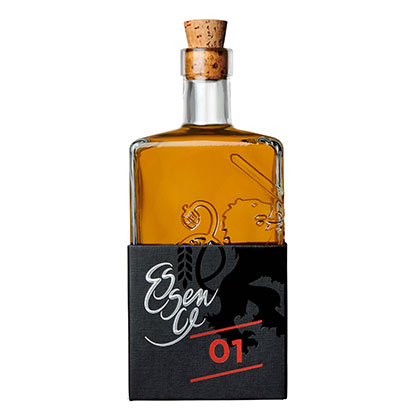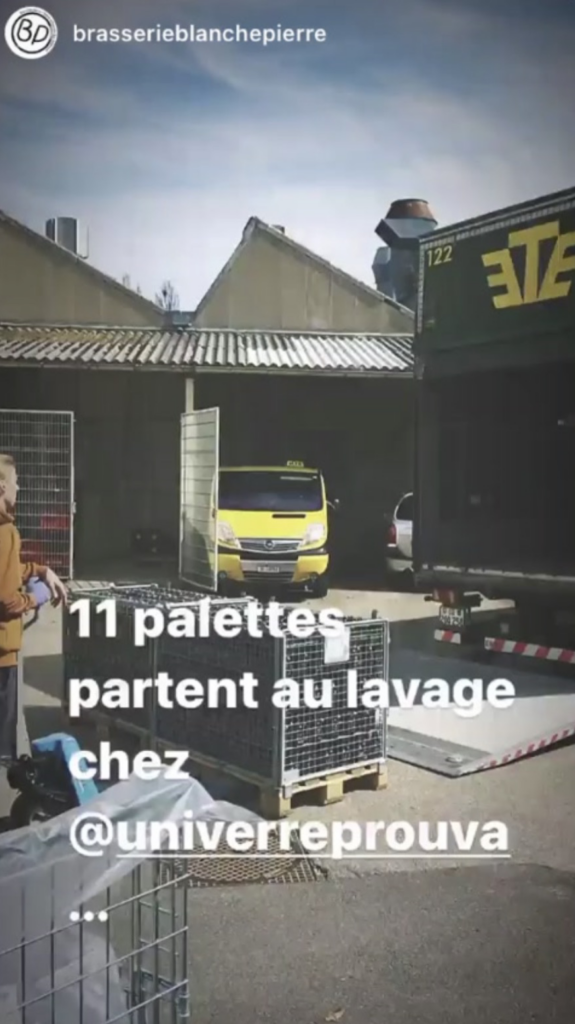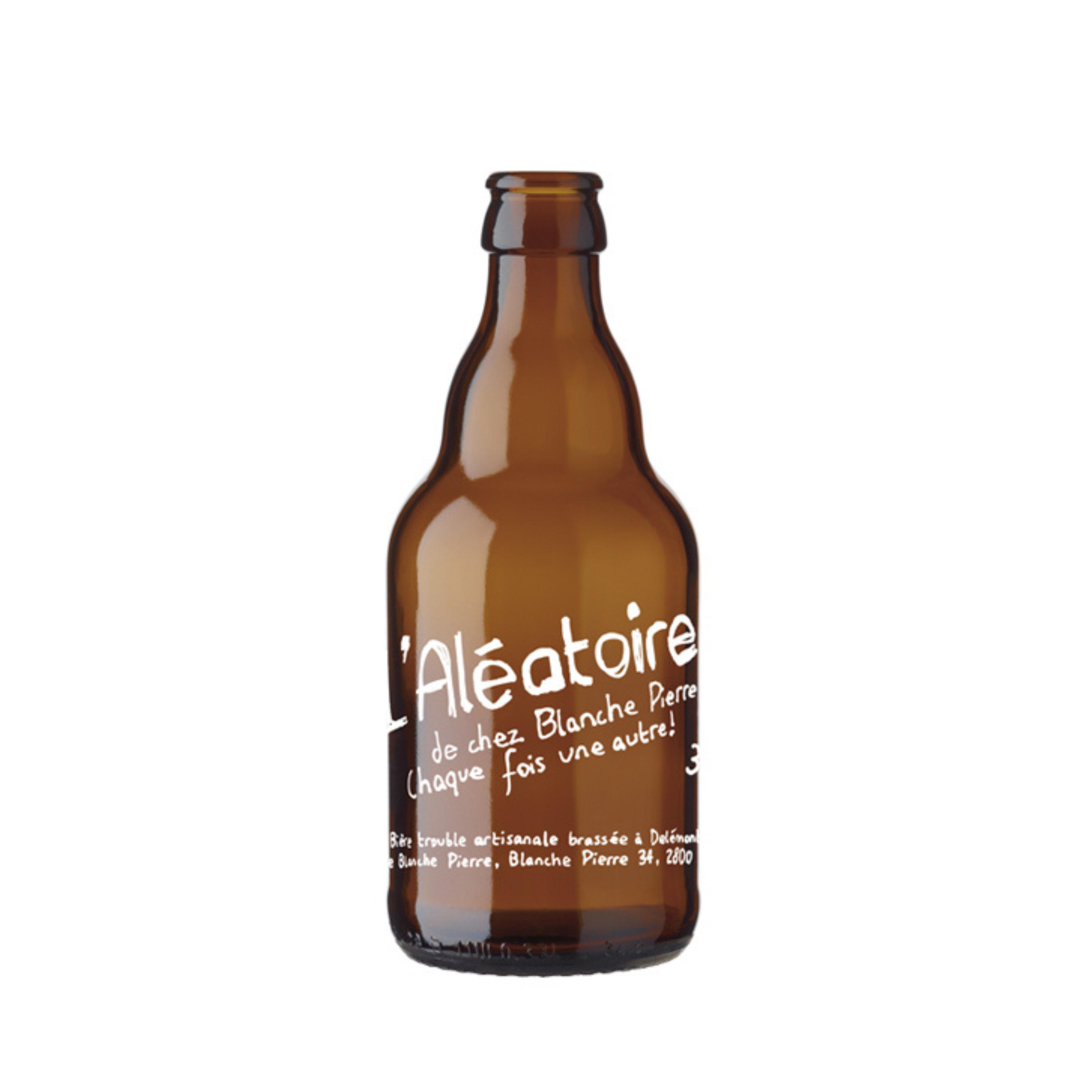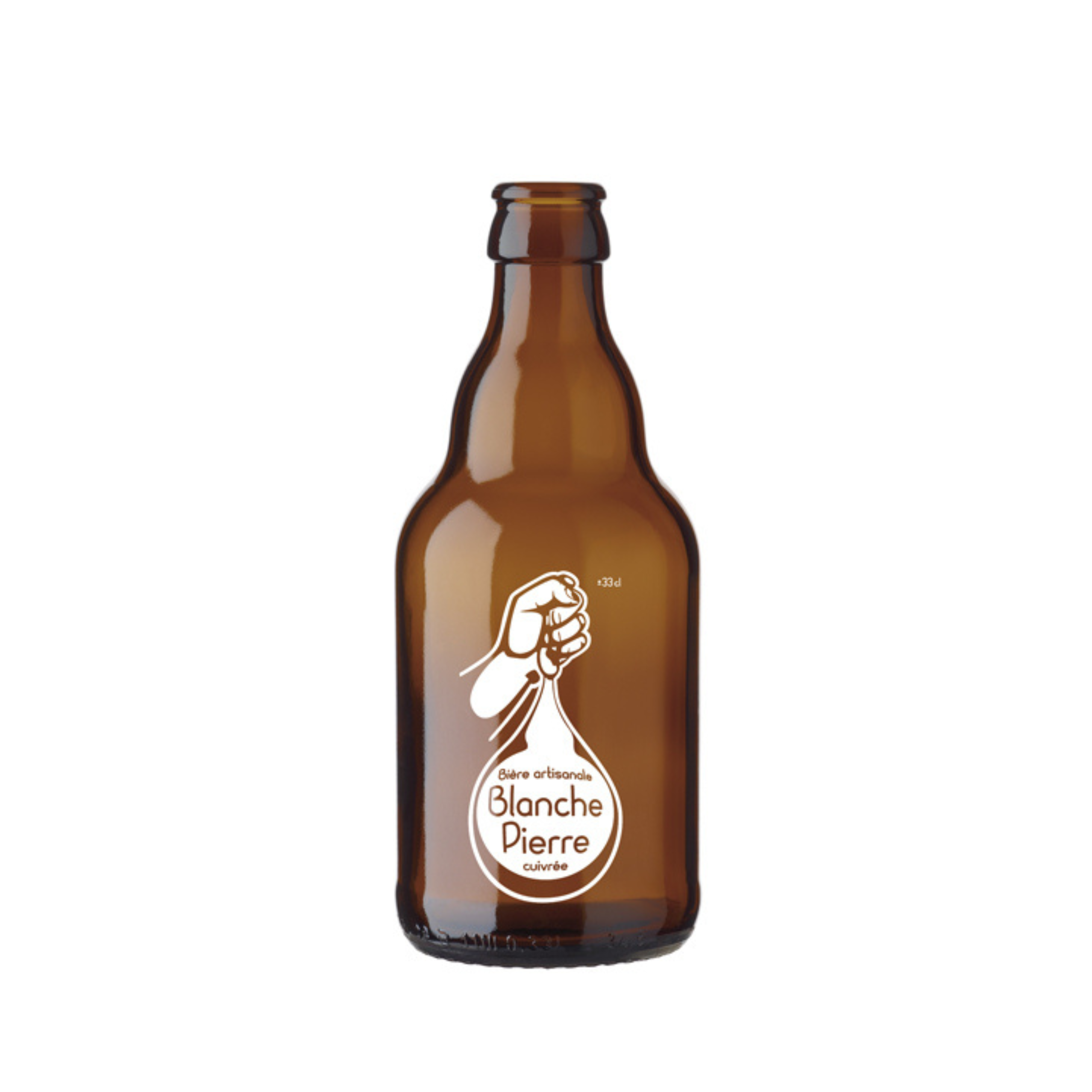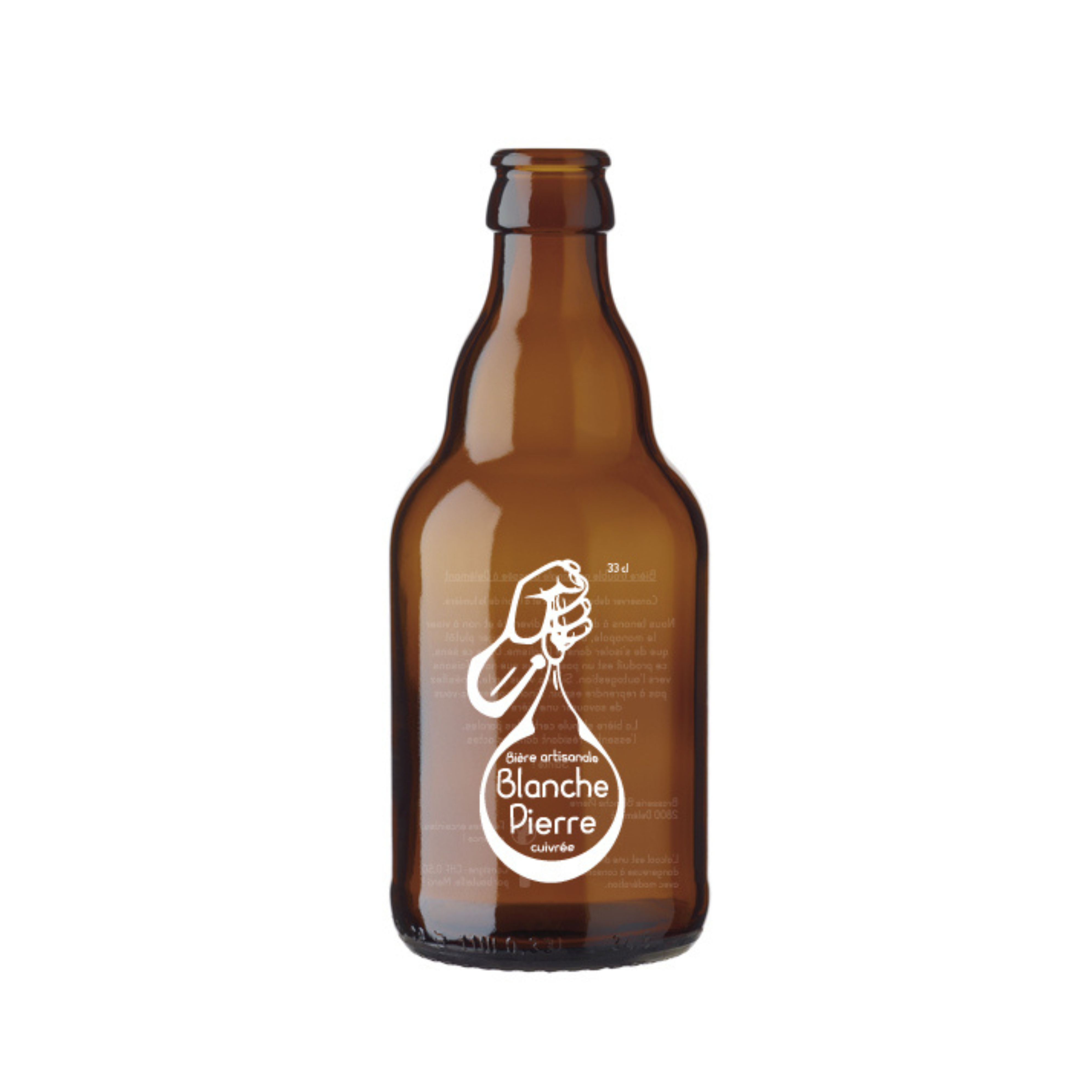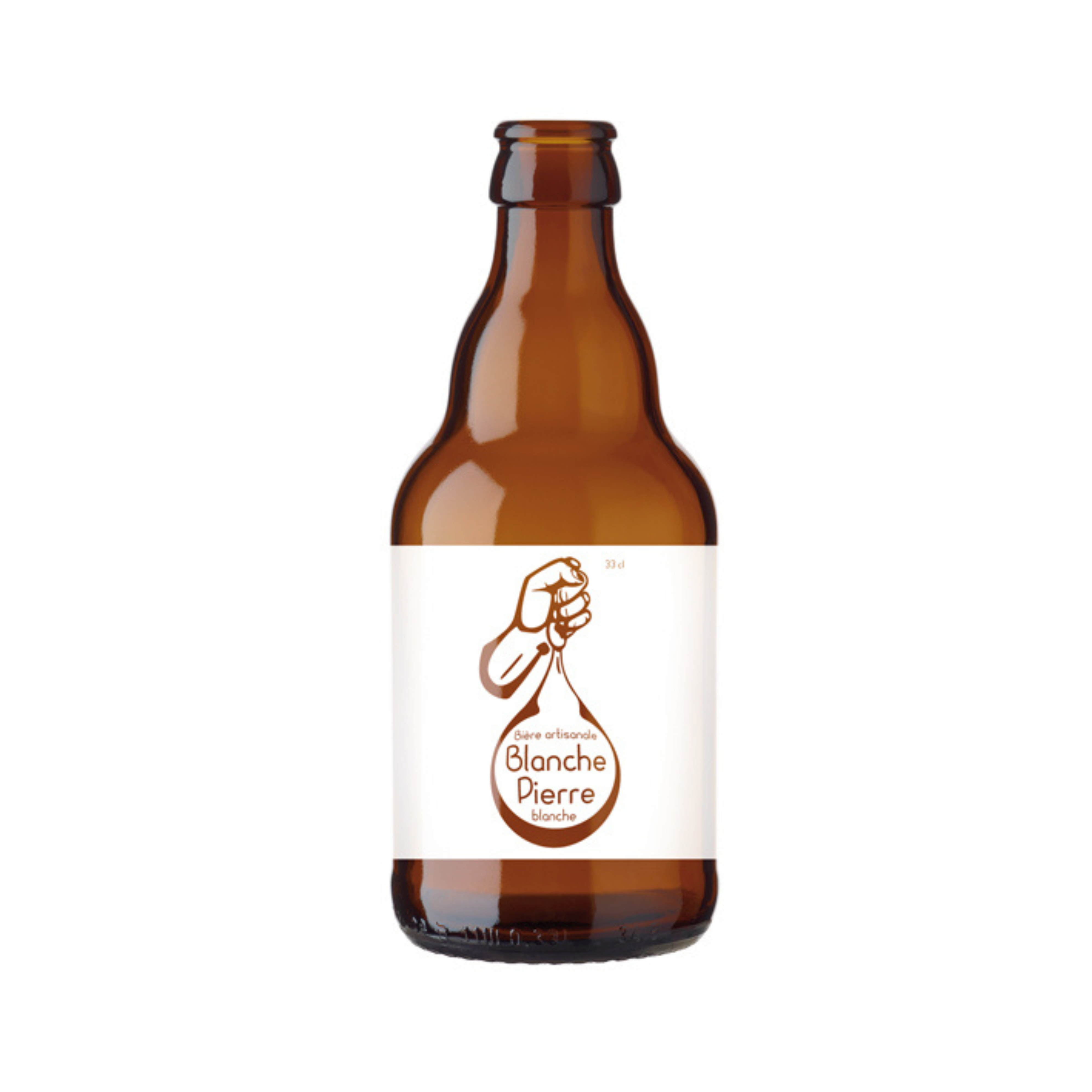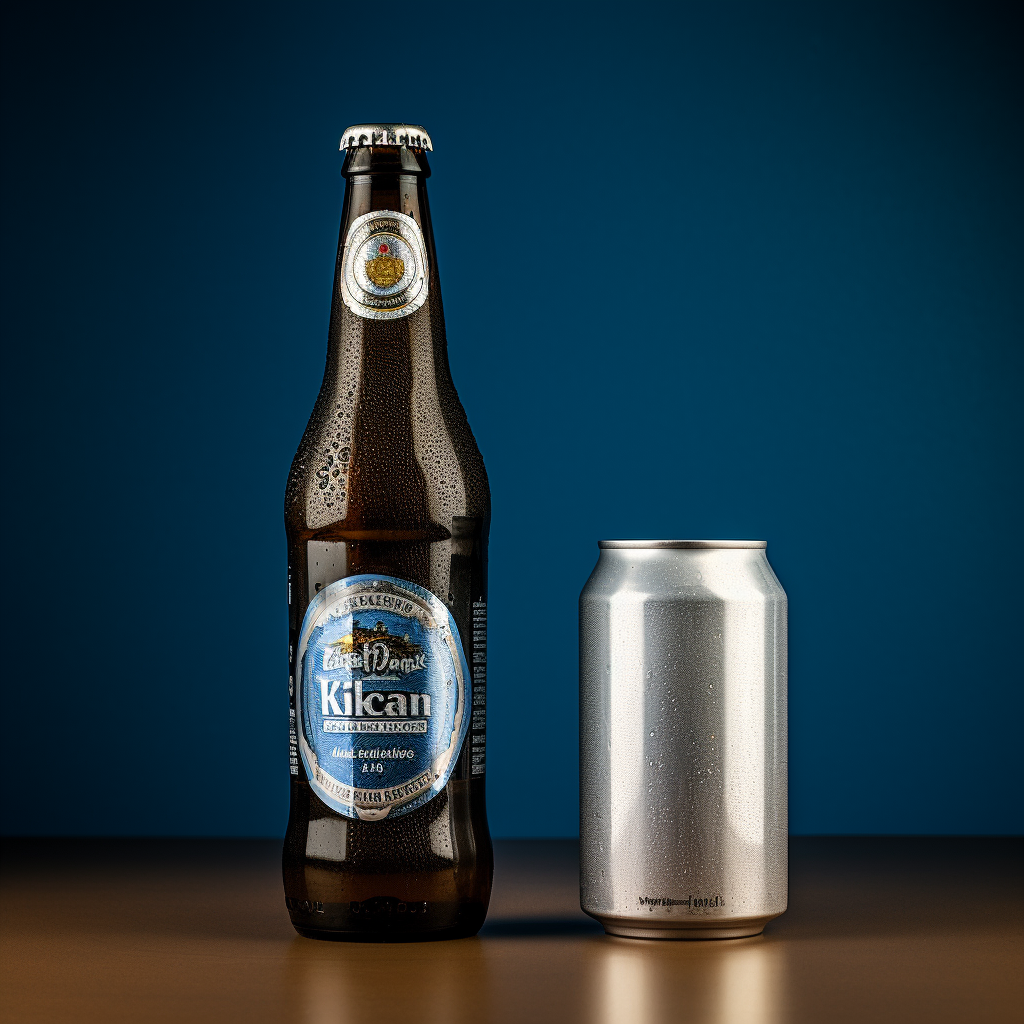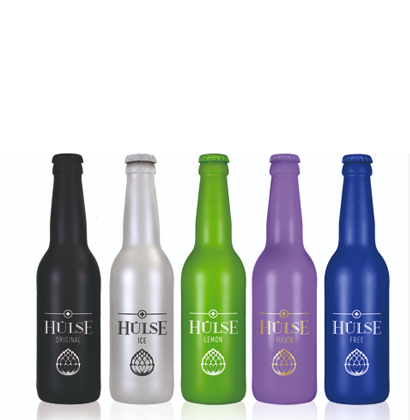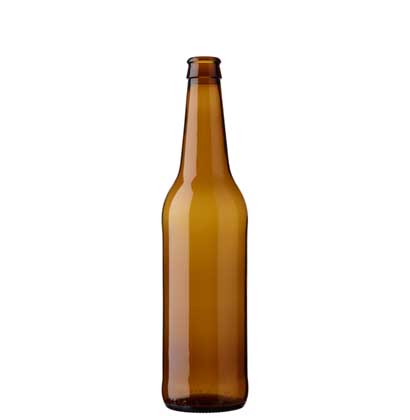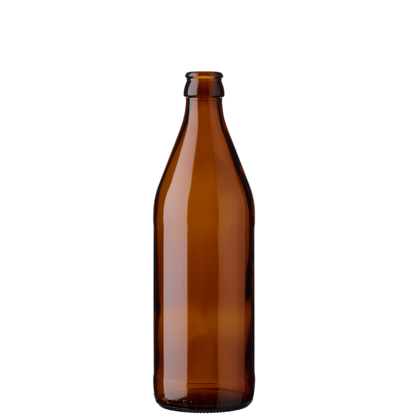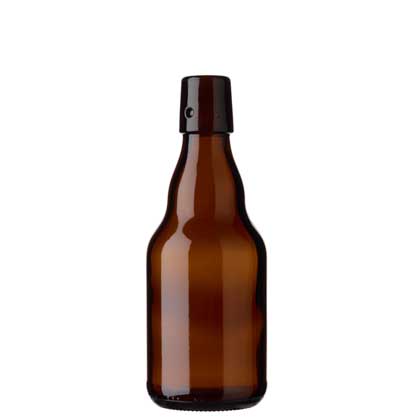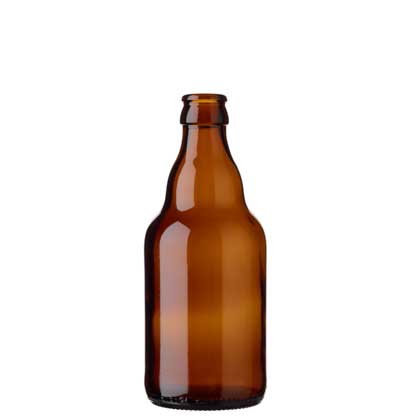Switzerland remains a beer country, even though consumption has decreased in recent years. Germany is still considered the ultimate beer country, but Switzerland has more breweries per million inhabitants than Germany.
Overall, beer consumption is declining. In 1990, the Swiss consumed 71 liters of beer per capita, but last year it was only 53.5 liters. This poses significant challenges for breweries. Creativity, innovation, and above all, sustainability are at the forefront of breweries’ focus to boost consumption.
New beers and innovation
Since large breweries also produce craft beers, medium and small breweries must be even more innovative. Often, entirely new types of beer enter the market. A growing trend is also the demand for non-alcoholic beers. In addition, some breweries are venturing into producing whisky or creating completely new products like Doppelleu Brewery did with their “Essence de Bière“.
Focus on sustainability
Sustainability is constantly in focus, as in almost all areas of daily life. It begins with sourcing raw materials. Swiss breweries must import nearly all their hop and malt. Only a few breweries source these raw materials directly within Switzerland.
To promote sustainability, more and more breweries are adopting industrial bottle washing for beer bottles.
Industrial Bottle washing for Beer Bottles
Why is it important to clean and reuse your bottles? Cleaning bottles can bring significant benefits to both your company and the environment. By reusing bottles, you actively participate in the circular economy, a system aimed at reducing waste and conserving resources.
In addition to the environmental impact, bottle cleaning can contribute to a positive brand image. When customers see a company prioritizing sustainability, it reflects a commitment to responsible business practices. This can strengthen consumer trust and loyalty, especially among those who value eco-friendly choices.
In the beer industry, the “Blanche Pierre” Brewery stands out for washing their beer bottles. This commitment to sustainability is communicated outwardly to inform consumers. Many consumers today pay attention to the origin of a product, how it’s produced, and how it’s recycled.
Washing Beer Bottles with Screen Printing
What’s unique about “Blanche Pierre” is that the bottles are also personalized with screen printing, eliminating the need for additional labeling. Washing and reusing bottles contribute to reducing waste and lowering the demand for new raw materials to produce more bottles.
Glass bottle or can?
The trend from single-use packaging towards reusable packaging is stronger than ever before. The question of which packaging is the best and, above all, the most sustainable is always at the forefront. At the point of sale, it is becoming increasingly evident that consumers pay attention to the sustainable production of packaging.
The filling of beer in cans has significantly increased in recent years. The sustainability of beer packaging, whether in cans or glass bottles, depends on various factors, including production, transportation, reuse, or recycling of the packaging. Cans are lighter than glass bottles, which can reduce transportation and associated CO2 emissions. Transporting glass bottles requires more space and consumes more energy due to their higher weight. Both materials can be recycled, with glass being infinitely recyclable without losing quality.
Aluminum cans can also be efficiently recycled, but the recycling process for glass is less energy-intensive than that for aluminum. Glass bottles are easier to clean and reuse, potentially mitigating environmental impacts. Cans are typically recycled after use.
For this reason, industrial bottle cleaning of beer bottles is playing an increasingly significant role: A beer bottle can be washed between 30 and 50 times. Starting from the 15th washing cycle, the CO2 footprint of glass is reduced by 83%. Additionally, a cleaned bottle produces 57% fewer greenhouse gases than an aluminum can. Another advantage is that a bottle requires only about 20 minutes for a washing cycle, even at 80°C.
Increase your product’s image
As the saying goes: Humans are creatures of habit. This is also true of buying behaviour. Almost all purchases are made out of habit. Every week we go to the same supermarket, we walk through the same beer aisles and we want to get through the checkouts full of people as quickly as possible. But how can we persuade the consumer to buy another beer this week? The formula is: Storytelling through packaging. Glass packaging should tell a story, convey emotions, be creative and individual – stand out from the crowd.
Demand Created – Bottle Developed
Falken Brewery has recognized this trend and is venturing into creative and individual packaging for their beer bottles. Different beers have been highlighted through a colored coating. When you look at these bottles, you’d want to hold them in your hands to discover all the details. The Falken Brewery’s website states: “Demand Created – Bottle Developed.” Due to high demand, they have launched this trendy matte disposable bottle. According to Falken, it creates a perfect contrast between coolness and elegance. The motto is: Enjoy stylishly at home or in a restaurant.
Our beer bottles
Longneck
The iconic Long neck emphasises the timeless and traditional essence of beer packaging. With their long neck and traditional design, these bottles come in various colours. The brown glass not only looks great but also protects your beer from light, keeping the quality of the beer intact.
Euro bottle | Back to the Roots
Until the end of the 80s, the 50cl Euro bottle was the nec plus ultra. For design reasons, in the early 90s the NRW bottle came into its own. Just 35 years later, the Euro bottle is enjoying a renaissance on the beer market.
Swing top Beer bottle
The Swing Top beer bottle stands out for its sophisticated design and unique mechanical closure. This closure not only adds a touch of elegance but also provides a reusable bottling solution that’s highly favored by craft beer brewers. Beyond its professional appeal, this traditional bottle serves as an excellent choice for home brewers looking to showcase their beer in a captivating manner.
Steinie beer bottles
The Steinie bottles are characterised by their atypical shape, resembling a shorter and broader version of traditional beer bottles. The broader base of the Steinie bottle allows for stability, making it less prone to tipping over.The dark colour of the glass acts as a shield against ultraviolet (UV) light. UV light can degrade the quality of beer by breaking down compounds in the beer and causing “skunking,” which imparts an unpleasant flavour. The brown glass effectively blocks out this light, preserving the beer’s taste and quality.
Do you have any questions? Do not hesitate to contact us.

Burgat Olivier
Head of Sales Swiss Romandie and ValaisBurgat Olivier
Head of Sales Swiss Romandie and ValaisPhone:+41 79 273 16 50

Chudy Loïc
International SalesChudy Loïc
International Salesphone::+41 79 524 72 19

Erismann Joel
SUISSE ALÉMANIQUEErismann Joel
SUISSE ALÉMANIQUEEffretikon
Mobile:+41 79 274 45 33

La Rocca Marcello
Tessin & Suisse alémaniqueLa Rocca Marcello
Tessin & Suisse alémaniqueResponsable de ventes Suisse allemande & Tessin
Phone:+41 52 355 39 41
Mobile:+41 79 447 94 48

Lehmann Martin
Suisse alémaniqueLehmann Martin
Suisse alémaniquePhone:+41 79 393 83 25

Longo Jimmy
Tessin & Suisse alémaniqueLongo Jimmy
Tessin & Suisse alémaniquePhone:+41 79 958 65 00

Meyer Safrane
Suisse RomandeMeyer Safrane
Suisse RomandePhone:+41 79 332 94 54

Naselli David
Chief of Sales and Marketing OfficerNaselli David
Chief of Sales and Marketing OfficerMarketing | Marketing & Ventes
Phone:+41 79 631 58 80

Schornoz Sébastien
Suisse RomandeSchornoz Sébastien
Suisse RomandePhone:+41 79 508 63 97

Vuignier Etienne
Suisse RomandeVuignier Etienne
Suisse RomandePhone:+41 79 310 92 42
